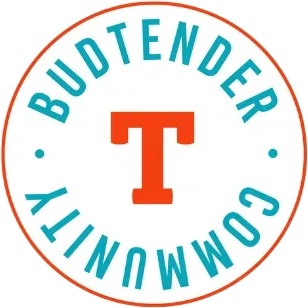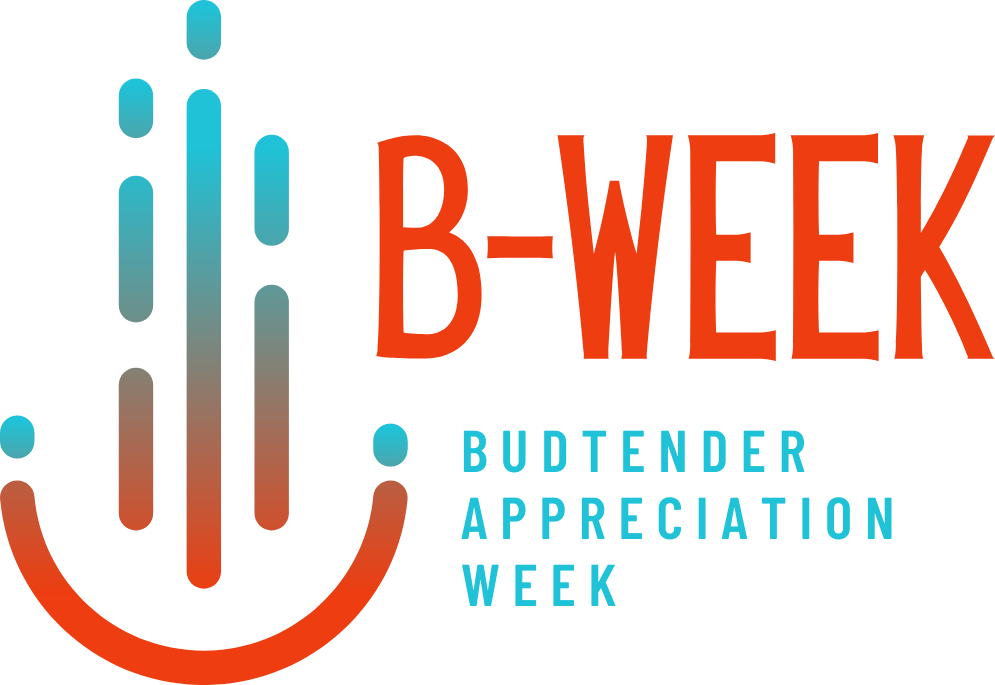Google has started testing a new advertising program that gives Canadian cannabis businesses limited access to its ad services, provided they meet federal requirements.
The move comes about seven years after Canada legalized recreational cannabis and opened a regulated recreational cannabis market. The “limited pilot program” is scheduled to run only on Google Search starting August 25, 2025, and will continue for 20 weeks. The goal, according to the company, is to measure public interest and guide future policy decisions.
Cannabis ads will appear on Google’s search results pages, allowing companies to pay for higher visibility when users search for related terms. Participation will be restricted to businesses holding a federal license, meaning unregulated operators will not be able to take part.
The move comes three years after the tech company relaxed its rules around CBD and hemp product advertising in certain regions of the United States. That shift followed the federal legalization of hemp in the U.S. and marked the company’s first move toward easing restrictions on cannabis-related marketing.
Historically, Google has taken a cautious approach to cannabis advertising. Back in 2019, it announced that cannabis-related apps would not be allowed on its Google Play store, sparking pushback from both businesses and users. Over time, however, the company has shifted its stance.
Other tech firms have also adjusted their policies in different ways. In 2022, Twitter ended a U.S. government collaboration that showed prompts about drug treatment to users who searched terms like “marijuana.” Notably, that type of prompt was never displayed for alcohol-related searches.
The following year, Twitter went further by becoming the first major social media platform in the U.S. to allow cannabis advertising. Initially, it only permitted promotions for CBD topicals, but by 2023, it had expanded to cannabis businesses more broadly.
By contrast, companies like TikTok and Meta (owner of Instagram and Facebook) still prohibit cannabis advertising. They do allow promotions for CBD products, but not THC-based items.
Canada’s legal market has grown steadily since legalization. Government data released in 2024 showed that more than two-thirds of marijuana consumers were buying from licensed stores instead of illegal sources. In economic terms, the industry has become a major contributor to the national economy. Statistics Canada reported that cannabis added $9.1 billion to Canada’s GDP in 2025’s Q1, up nearly 10 percent from $8.3 billion in 2024’s Q1.
Marijuana companies like TerrAscend Corp. (TSX: TSND) (OTCQX: TSNDF) will be hoping that the pilot program is expanded to allow firms to advertise more freely over the coming months.
About CNW420
CNW420 spotlights the latest developments in the rapidly evolving cannabis industry through the release of an article each business day at 4:20 p.m. Eastern – a tribute to the time synonymous with cannabis culture. The concise, informative content serves as a gateway for investors interested in the legalized cannabis sector and provides updates on how regulatory developments may impact financial markets. If marijuana and the burgeoning industry surrounding it are on your radar, CNW420 is for you! Check back daily to stay up-to-date on the latest milestones in the fast -changing world of cannabis.
To receive SMS alerts from CNW, text CANNABIS to 888-902-4192 (U.S. Mobile Phones Only)
For more information, please visit https://www.CannabisNewsWire.com
Please see full terms of use and disclaimers on the CannabisNewsWire website applicable to all content provided by CNW, wherever published or re-published: https://www.CannabisNewsWire.com/Disclaimer
CannabisNewsWire
Denver, CO
www.CannabisNewsWire.com
303.498.7722 Office
Editor@CannabisNewsWire.com
CannabisNewsWire is powered by IBN



















